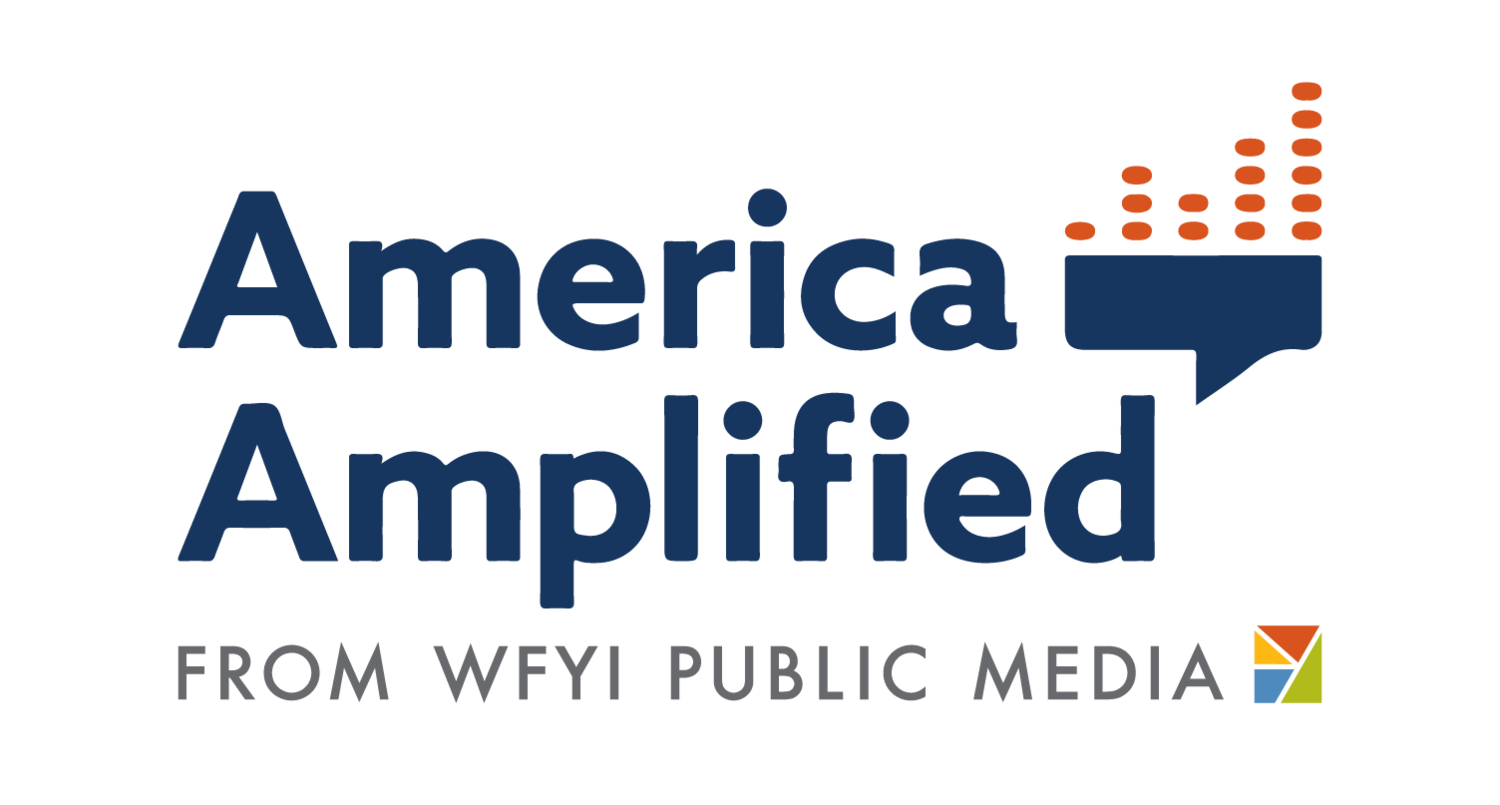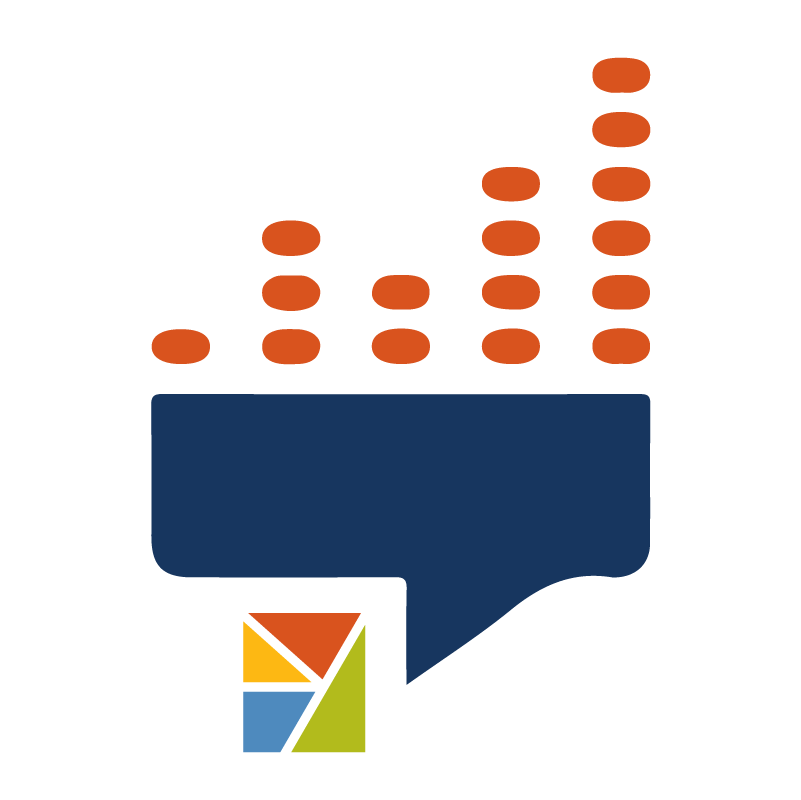Why Mountain West editor is ‘addicted’ to community engagement after hosting listening sessions
Kate Concannon is the managing editor of the Mountain West News Bureau, a collaboration of public media stations that serve the Rocky Mountain States of Colorado, Idaho, Nevada, New Mexico, Utah, Montana and Wyoming. In 2020, the MWNB was part of the America Amplified initiative and hosted listening sessions as part of their engagement strategies. We asked Kate to tell us how these sessions contributed to the bureau’s coverage.
What was your timeline?
Going into the 2020 election year, we had hoped to host town hall style events, but of course those plans changed because of the pandemic. We hosted our first virtual listening session in July 2020, and then hosted about one per month after that.
In lieu of hearing from community members in person in one community, we were able to invite a cross-section of community members from towns and cities across the Mountain West. That was a positive. On the other hand, hosting an event over Zoom limits who can participate, which is obviously a negative.
What did you do with what you learned in the sessions?
We gathered as a team after the sessions and talked about the themes and discussion that came up in breakout rooms, and processed as a group what we had learned. From there, reporters reached out and followed up individually with attendees if they wanted to interview them for a story. Importantly, we hosted these sessions before we launched our coverage of a topic or a theme, so the input and ideas from sources could inform our reporting from the onset.
We were able to produce spots and features that we might not otherwise have heard about. And in some cases, we were able to call on sources who we met during listening sessions for follow-up interviews, and those stories made it to broadcast.
For example, one Boise source talked about the disparity between COVID-19 cases in white and Black communities, and we ended up interviewing her for a spot after that. Another source seeded the idea of how the arts are struggling in our region. We turned that into a story as well.
How did you work with other stations and how much time did reporters devote to this?
We partnered with some of our member stations in the Mountain West (Wyoming Public Media, Boise State Public Radio, KUNC in northern Colorado, KUNR in Reno, Nevada), who helped advertise the sessions on social media and radio promos. We also partnered with the Local Voices Network to help produce our last session about policing in the Mountain West. In both cases, the partnerships went well and didn't consume much time.
We had a community engagement producer organizing the sessions and conducting outreach for the events, so our reporting and editing staff were able to remain focused on other responsibilities. At the most, reporters had to take time away from their usual responsibilities on the day of the listening session so they could be there and facilitate a breakout room, but that was only a couple of hours.
The experience taught me the importance of having a full-time community engagement producer on staff. Yes, as reporters and editors we can adjust and incorporate community engagement into our everyday planning and reporting. However, it’s a distinctive role with its own set of unique skills that is well-served by having a full-time person on staff. The support of America Amplified allowed us to do that - and now I’m addicted!
What’s your takeaway from hosting listening sessions?
Not only are these sessions valuable for gathering story ideas and source contacts, these events show our community that we are accessible and genuinely want to hear about their insights and experiences. During this pandemic, when we often feel disconnected from one another, these events serve as a vital line for our newsroom to stay in touch with our community.
Advice for hosting your own listening sessions.
Consider hosting a listening session before you begin a big project. That way you're fresh to the story and the direction of your coverage can come from what you hear. Listening sessions with both Mountain West communities and law enforcement officers in the region helped inform and shape our series: Elevated Risk: Police Violence In The Mountain West. It’s about how our region has the highest rate of fatal encounters with the police in the entire country.
Decide ahead of time whether you want these sessions to be on the record or off the record - there are advantages to both, depending on the issue.
Break into small groups so everyone gets a chance to share.
Start off with informal questions to break the ice.
Don’t have a hard script but definitely bullet points so you stay on track.
Have community members ask one another questions so the conversation is more a round table, rather than a ping pong between facilitator and participants.


